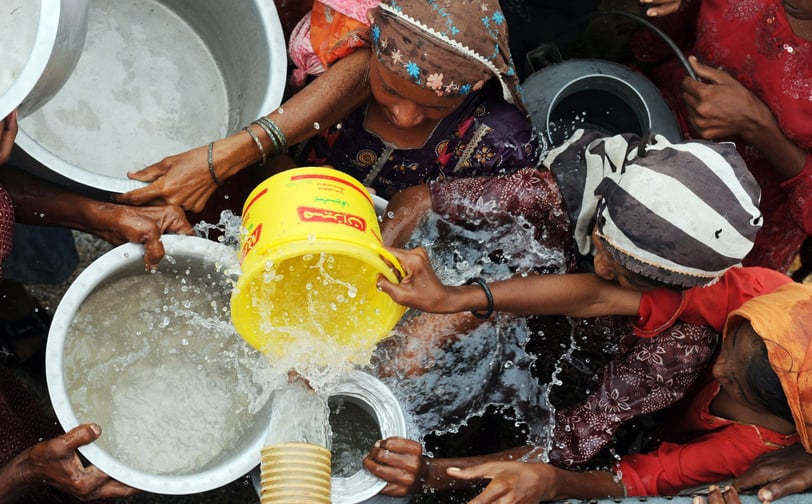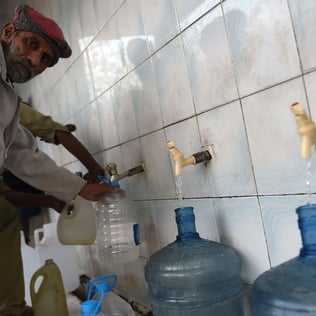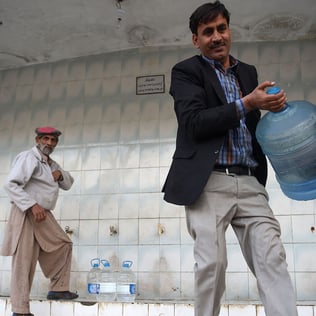

The Urgency of Safe Drinking Water in Pakistan
In the scorching heat of Pakistan’s summers, the necessity for access to safe, pure drinking water cannot be overstated. Yet, the alarming reality is that each year, contaminated water contributes to the loss of tens of thousands of lives—particularly among the nation’s most vulnerable populations, including children. The crisis of unsafe water is not merely a statistic; it is a humanitarian issue that demands immediate attention.
Health Implications of Contaminated Water
According to a recent report by the Express Tribune, there is a growing health emergency marked by an increase in diarrhoea and dehydration cases in Sindh, directly correlated to poor water quality. Health experts estimate that over 50,000 deaths annually in Pakistan can be attributed to diarrhoea alone, with this number rising every year. The health implications of consuming contaminated water are severe, as it leads to debilitating diseases that can take away lives prematurely and strain the already challenged health system.
The Hidden Cost of Unsafe Water
The hidden costs of unsafe water extend beyond immediate health effects. Families are burdened with medical expenses, loss of productivity, and emotional distress when a loved one succumbs to waterborne diseases. Furthermore, the economic impact is staggering, as communities face increased healthcare costs and decreased labor productivity. This creates a vicious cycle of poverty and health issues that can last for generations.
Access to clean drinking water is essential for fostering a healthy populace, ensuring educational success for children, and maintaining economic stability. Without significant progress towards providing safe water, the cycle of illness and poverty will continue indefinitely, threatening not only individual lives but the future of entire communities in Pakistan.
As we confront this silent threat posed by contaminated water, it is essential for policymakers, health professionals, and communities to unite in efforts to improve water quality and access. Initiatives must focus on both short-term interventions—such as providing immediate clean water access—and long-term strategies, including infrastructure development and public health education. Together, these efforts can help secure a healthier future for all Pakistanis.


Contaminated Water: A Silent Threat to Public Health in Pakistan
Brief overview to Contaminated Water in Pakistan
